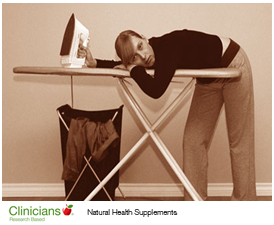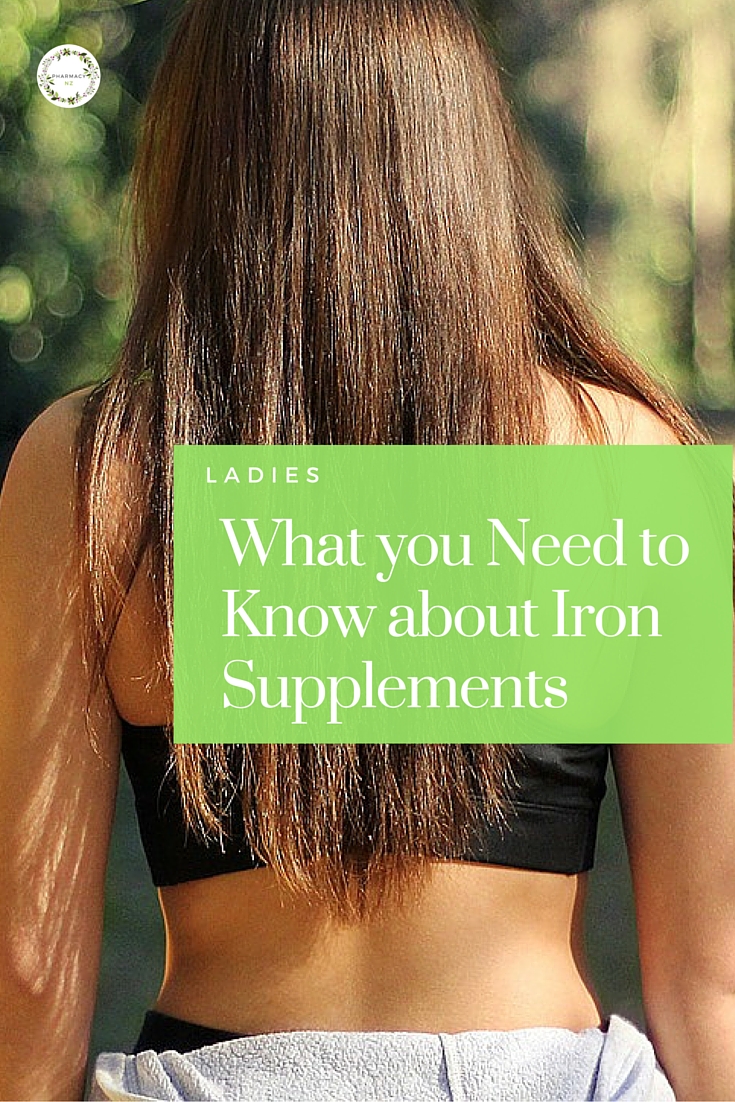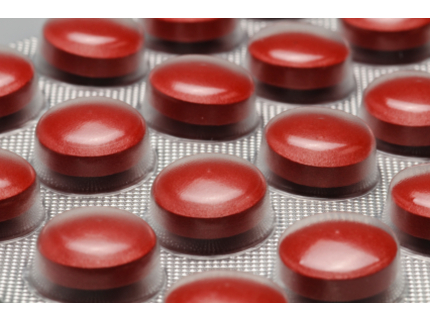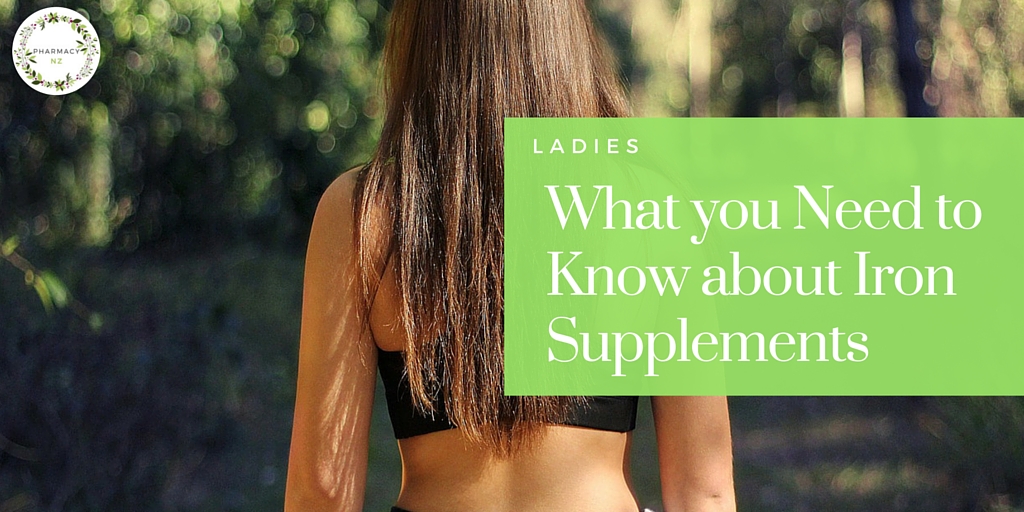Do you know that women between the age of 15 – 45 or those who are within the childbearing age at a higher risk of developing iron deficiency? In fact, studies show that in New Zealand alone, approximately 40% of women in this age group are iron deficient. It is a fact and it is a common condition.
And the sad reality is iron deficient mothers are going to give birth to infants who are at risk of iron deficiency. So if you think you are at risk, have your blood tested. And if it shows you are iron deficient, take iron supplements to support your dietary needs
Your body needs iron to produce red blood cells.
Iron is necessary for the body to produce red blood cells. If you do not take enough iron this can lead to the most common type of anemia — iron deficiency anemia.
What foods are good sources of iron?
Foods that are considered highest in iron content are red meat, eggs, and some green leafy vegetables. Kale, brussel sprouts, spinach are just some of the examples of green leafy vegetable with high iron content.
Common causes of iron deficiency
The most common causes of iron deficiency are pregnancy, loss of blood during childbirth, and heavy menstrual flow. Plus other causes include internal bleeding. This can be associated with certain medical conditions such as ulcers, polyps or tissue growth in the colon or intestines, and colon cancer. Know your risk of iron deficiency. See a doctor and get a blood test so they can check your levels.

Common signs of iron deficiency
The following are the common symptoms of iron deficiency: fatigue, irritability, recurring infections, paleness, inability to concentrate, shortness of breath, headaches, chest pain and heavy menstrual bleeding. And if iron deficiency is not corrected, these conditions can lead to cognitive impairment, delay in mental developmental and hair loss.
If you are suffering from iron deficiency, what is the best thing to do?
It is best to increase your intake of iron-rich foods in your diet. However if this fails, it is always best to consider taking iron supplements. However, you need to be aware of the possible side effects of iron supplementation.
Always take with food.
Some of the things that can happen when iron is not properly absorbed by the body are headaches, constipation or diarrhea, stomach upset or pain, or nausea and vomiting. It is therefore best to take iron alongside a meal to help reduce these effects.
Iron Supplements and constipation
Do you ever wonder why most pregnant women become constipated? Well, iron is part of the supplements given to  pregnant women. This is to avoid the risk of developing iron deficiency. But iron is known to be notorious in causing constipation. This is why you often see iron supplements with additives like vitamin c or sienna to help with
pregnant women. This is to avoid the risk of developing iron deficiency. But iron is known to be notorious in causing constipation. This is why you often see iron supplements with additives like vitamin c or sienna to help with
constipation. And keeping your fiber up can also help.
Iron and your gut
Taking iron supplements disturbs the intestinal flora. Unfortunately, the result is constipation. So what happens when there is imbalance of gastro flora?
When the gastro flora is in balance, it produces higher amounts of good bacteria and very minimal bad bacteria. However, taking iron supplements can increase the bad bacteria because bad bacteria feeds on iron. This condition is called dysbiosis — the gut flora balance is broken. This is a conditions that leads to an overgrowth of harmful flora.
In order to prevent constipation, support your gut with a good probiotic.

